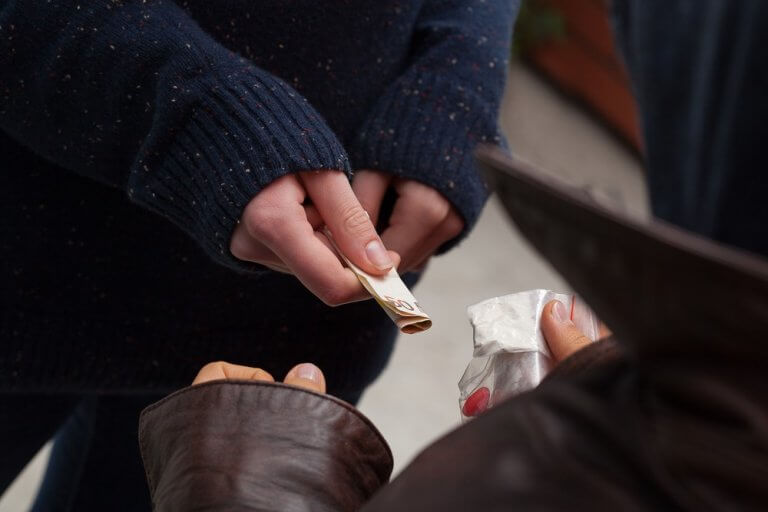
Nightlife is a big part of the university experience in the UK. Drinking, clubbing, and sometimes drug-taking, often come with the territory of being a student. Unless you’re a student at the University of Buckingham, that is.
The University of Buckingham has vowed to become the first ‘drug-free’ university in the UK. This would require all students to sign a contract promising not to take any recreational drugs for the duration of their studies.
Drug use has become increasingly prevalent on UK university campuses. Sixty-four percent of students in the UK said they had taken ecstasy last year and 48 percent said they had tried cocaine, according to UK student news site, The Tab’s 2017 drug survey.
https://twitter.com/Dazed/status/991044521915011074
Students are also turning to drugs to help them with more serious issues than simply sidestepping the fun police on nights out.
Study drugs, such as Modafinil, Ritalin and Adderall, are helping students overcome mental blocks, while unprescribed pharmaceutical drugs, such as Xanax and Valium, are enlisted as anxiety settlers and depression numbers.
The University of Buckingham is now taking a stand against illegal drugs on campus, claiming drug-taking has no place in a university environment.
“Student lives are needlessly being lost and imperilled. Universities need to shake themselves up and take more responsibility for students in their care. Information about the harm that drugs could do should be everywhere – as ubiquitous as the warnings on cigarette packets,” Sir Anthony Seldon, vice-chancellor of the University of Buckingham, wrote in an op-ed for The Sunday Times.
“The focus with our students at Buckingham is to help them lead a fulfilling and meaningful life using natural and healthy approaches,” he added.
“Our aim is not to be punitive or repressive but to be compassionate and enlightened, helping our students learn how to be fully adult and responsible to themselves and to others. In this, drug-taking has no place.”
The relationship between long-term drug use and mental health is still little understood. Cannabis and hallucinogenic drugs are often reported as the catalysts for psychotic dispositions and long-term mental health conditions.
At the same time, research into the possible positive effects of controlled psychedelic and ecstasy experiences perhaps reveal a different discourse to drug taking.
LIVE NOW – Head of Psychedelic Research @RCarhartHarris takes us on a trip through new research showing that magic mushrooms may 'reset' the minds of depressed patients leading to reduced symptoms. Watch live: https://t.co/IbKnJT3zmM #ImpFest pic.twitter.com/9vyEUvnvy3
— Imperial College London (@imperialcollege) April 28, 2018
Question marks have been raised about the effectiveness of the criminalisation of recreational drugs, as this can deter students from reaching out for medical support.
Zoe Carre, a policy researcher at Release, said reporting students to police was “archaic and harmful” and was likely to put people off seeking help, according to the Independent.
The University of Buckingham said students would be ‘asked to leave’ if they breach their ‘no drug’ contract as part of the university’s drug-free vision.
Liked this? Then you’ll love…
This counsellor goes above and beyond to keep students off alcohol, drugs
Students are drug tested at school in some South Carolina districts







